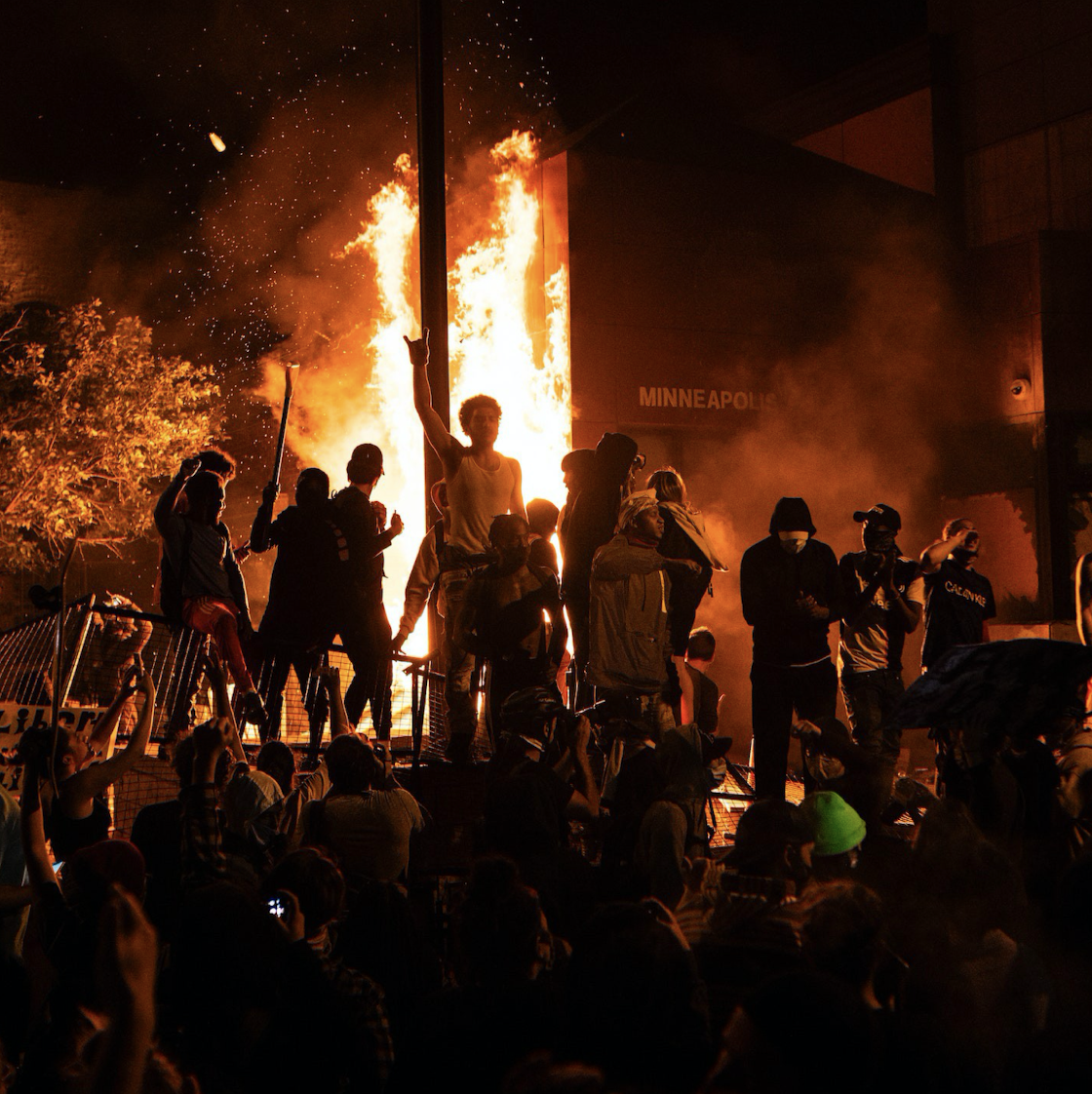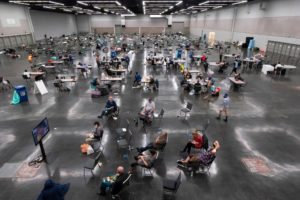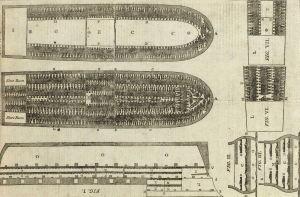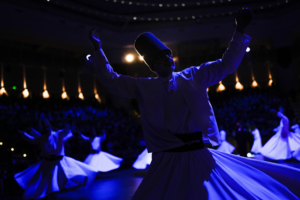In a national crisis, the president’s words matter, rhetoric matters. And rather than calming the waters, Trump’s statements have been stunningly, almost inconceivably divisive. But other leaders around the country, like Atlanta Mayor Keisha Bottoms, have stepped in to fill the void.
The nation is convulsing following the death of George Floyd, who was killed while in custody of the Minneapolis police on Monday. Former police officer Derek Chauvin—shown in a now-viral video violently digging his knee into the unarmed black man’s neck and back—was arrested on Friday and charged with murder and manslaughter in the death of Floyd. After a night of protests, which continue to rage in cities across the country, President Donald Trump, rather than attempting to bring the nation together, drew battle lines and hinted at future violence by praising the Secret Service early Saturday morning for “quickly [coming] down on [protesters], hard – didn’t know what hit them” and being “the most vicious dogs, and most ominous weapons, I have ever seen.” It was ugly, scary language, hard to imagine coming from an American president.
Trump first responded to the situation early Friday morning in a tweet that, as my colleague Eric Lutz wrote, appeared to directly threaten protesters, who the president referred to as “thugs.” In a post that Twitter has since hidden and labeled as in violation of the platform’s rules about glorifying violence, Trump wrote that he would mobilize the military to “assume control” and that “when the looting starts, the shooting starts,” a phrase that NBC News reports to be rife with racist implications, previously used by former Miami police chief Walter Headley in 1967 to address his department’s “crackdown on … slum hoodlums” and soon after by presidential candidate and segregationist George Wallace. Trump attempted to walk back his post-midnight looting comments on Friday afternoon, flailing to defend himself on Twitter.
After blaming people for misinterpreting what was “spoken as a fact, not as a statement,” Trump then changed the subject by getting tough with China during remarks in the White House Rose Garden on Friday, an event that ABC News notes did not mention Floyd’s death or the protests that have erupted in response to it. Trump instead announced sanctions on China over its handling of Hong Kong as well the termination of the United States’ relationship with the World Health Organization. Following his remarks, ABC reports, the president “walked away as reporters shouted questions about Floyd and Minnesota,” which the New York Times’ Maggie Haberman condemned. “Tip: it isn’t a press conference when it’s a statement delivered without taking questions,” she wrote on Twitter.
Meanwhile, demonstrators rioted in cities across the country on Friday as protests turned violent. In Detroit, a man was shot dead; upwards of 200 arrests were made in New York City, according to WABC, as protesters stormed Brooklyn’s 88 Precinct and set fire to an NYPD vehicle; Atlanta protests, per the Times, prompted the activation of as many as 500 National Guard troops and Georgia’s Fulton County to declare a state of emergency. And the unrest in Minneapolis, the Associated Press reports, has prompted the Pentagon to take “the rare step of ordering the Army to put several active-duty U.S. military police units on the ready to deploy to Minneapolis.”
After botching the nation’s handling of the coronavirus crisis, Trump is now botching this, dividing America and drawing lines in a failure of presidential leadership that is shocking, even for him. In contrast, former President Barack Obama issued a written statement on the death of George Floyd and the “tragically, painfully, maddeningly ‘normal’” reality of such bigotry, a sentiment that presumptive Democratic presidential nominee Joe Biden echoed while addressing a reeling nation on Friday, stating that “with our complacency, our silence, we are complicit in perpetuating these cycles of violence.” In a news conference on Saturday, Minnesota Governor Tim Walz showed great leadership, calling George Floyd’s death and the turmoil that has followed it to be “one of our darkest chapters.” Walz, who the Times notes deployed the National Guard on Thursday in an attempt to ease the chaos, said on Friday that “the ashes are symbolic of decades and generations of pain, of anguish, unheard.” And Atlanta Mayor Keisha Lance Bottoms gave a sensational speech on Friday night, during which she pleaded protesters go home and use their anger to enact change through voting. “Show up at the polls on June 9th. Do it in November. That is the change we need in this country,” said Bottoms.
“This is not the legacy of civil rights in America. This is chaos, and we are buying into it. This won’t change anything, we are no longer talking about the murder of an innocent man. We are talking about how you are burning police cars on the streets of Atlanta, Georgia. Go home.”




